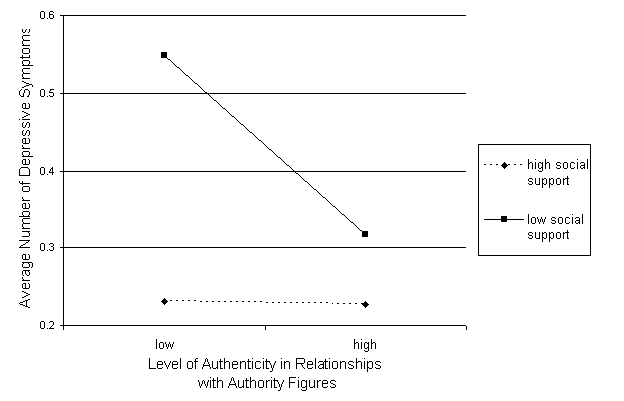Wellesley Psychologist Finds Honesty in Relationships Builds Better Connections, Increases Happiness
FOR IMMEDIATE RELEASE:
June 10, 2010 |
|
WELLESLEY,
Mass.— Honesty is the best policy when it comes to building better relationships, it turns out – and it helps your mental outlook too.
 Sally Theran, assistant professor of psychology at Wellesley College, has conducted research on how authenticity – or how comfortable you feel being open with others – affects the quality of relationships. Her new study of young girls shows that being open and honest leads not only to better friendships but also to a happier life. Sally Theran, assistant professor of psychology at Wellesley College, has conducted research on how authenticity – or how comfortable you feel being open with others – affects the quality of relationships. Her new study of young girls shows that being open and honest leads not only to better friendships but also to a happier life.
For those girls who had a hard time being open with parents and teachers, Theran found that extra support from family members helped mitigate the feelings of depression that go along with lack of openness with family, friends and others.
Her findings have been released in a paper, “Authenticity with Authority Figures and Peers: Girls’ Friendships, Self-Esteem and Depressive Symptomatology,” in the June 2010 issue of the Journal of Social and Personal Relationships.
"My paper examines the psychological concept of authenticity in relationships," Theran said. "Authenticity in relationships can be defined as the extent to which one feels comfortable being open and authentic in meaningful relationships, and is able to represent one’s own inner experiences in the relationships."
Theran asked an ethnically diverse group of 108 girls how they felt about expressing themselves to others. Using a scale from "strongly agree" to "strongly disagree," they rated their responses to statements such as “I would tell a friend she looks nice, even if I think she shouldn’t go out of the house dressed like that" or "I wish I could say what I feel more often than I do."
Unlike previous work that suggests higher levels of authenticity threaten social connections, Theran found honesty actually improves the quality of relationships.
Her results also show that high levels of authenticity between girls and their parents, teachers, classmates and friends predicted higher quality relationships and fewer problems with depression and self-esteem among the girls.
"My results mean that the more that one is authentic in meaningful relationships, the more intimate and close their friendships will be," Theran said.

Figure 1. Interaction between authenticity in relationships and approval and emotional social support.
Some people may avoid being honest with others to avoid conflict, but Theran found that's not a productive way to manage disagreements.
"My results suggest that some conflict is inherent – and probably healthy – in close relationships," she said.
Emotional support from parents and teachers helps offset negative effects for those who are too shy or too worried to be completely open in their relationships.
"This has important implications for interventions with girls," Theran said. "Familial support for girls who are at risk for inauthentic relationships should be increased in order to protect against depressive symptoms. For example, teachers who feel that female students are not being authentic with them could elicit parental support."
At heart, Theran said, her studies "reinforce the importance of mutual and intimate relationships on psychological well-being."
Since 1875, Wellesley College has been a leader in providing an excellent liberal arts education for women who will make a difference in the world. Its 500-acre campus near Boston is home to 2,300 undergraduate students from all 50 states and 75 countries.
### |

